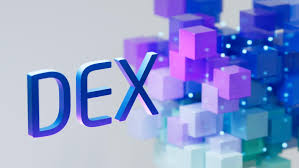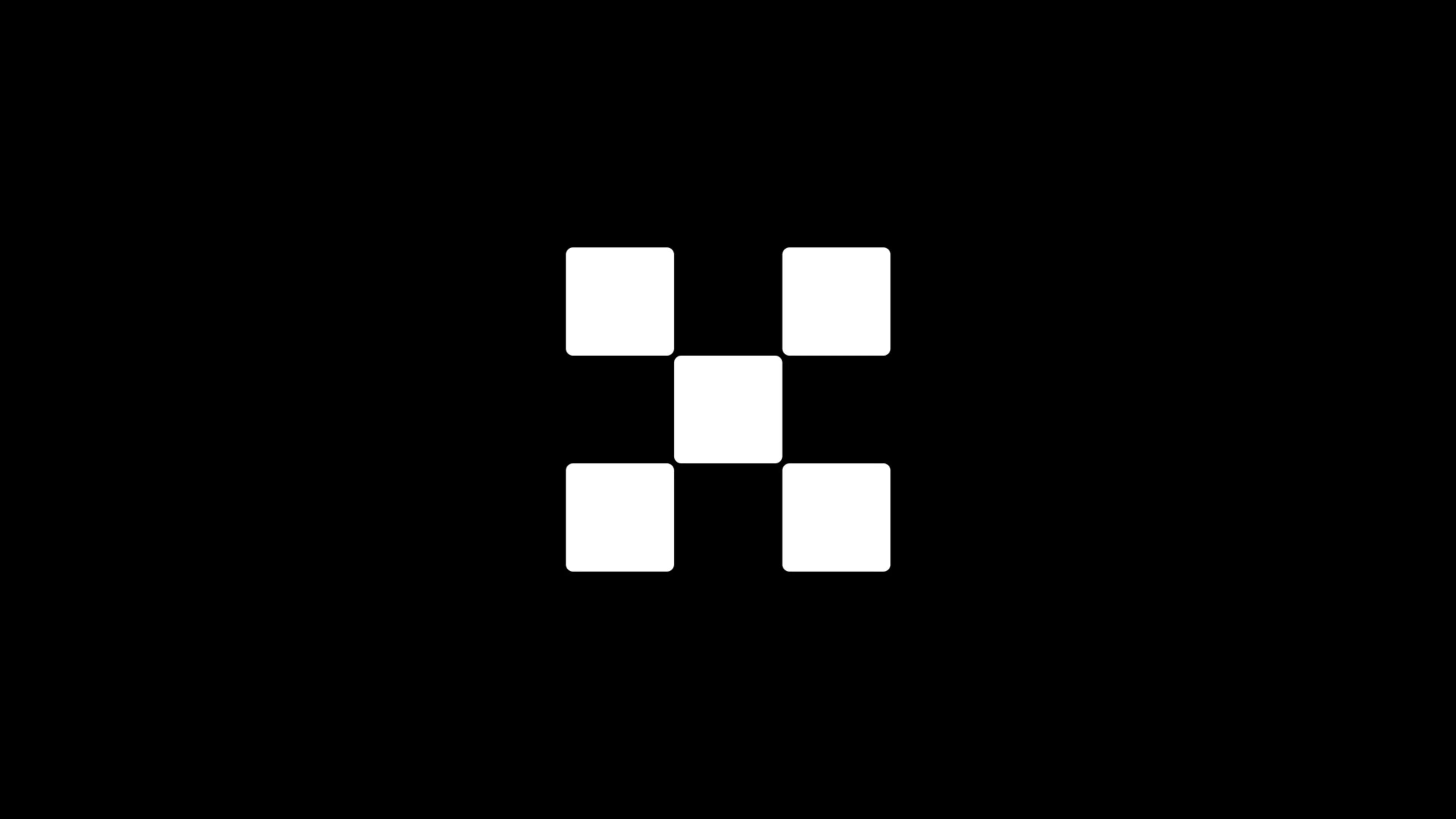Medical chain, can health be more secure?
With the Internet going deep into all aspects of our lives, the data is also experiencing explosive growth. In today's environment, data provides important support for quantitative progress in the national economy, life, military and other fields, greatly improving the efficiency of society. While we enjoy the convenience brought by data resources, we are also exposed to the risk of privacy leakage. Compared with other information, the security of medical data is more important. The exposure of personal health information may not only be financial risk, but may even endanger personal life in severe cases.
Medical data covers the upstream and downstream of the medical industry, long time, difficulty, and high complexity. Every link has great risks. As people's health awareness continues to increase, the demand for medical care is also increasing. In recent years, the frequent occurrence of various private information disclosure incidents has adversely affected the development and utilization of medical information resources. For example, Anthem has leaked 80 million patient and employee records, and UCLAHealth has leaked 4.5 million patient data. How to avoid the leakage of medical data while fully exploiting medical information resources is a problem worthy of attention.
Throughout the moment, the application of blockchain in the medical field has been increasing at home and abroad, and has gradually been applied in the medical field. As an emerging technology, the blockchain is actually bringing new benefits to the medical industry. power.
- Billions of dollars flow into Staking activities, these security risks cannot be ignored
- The Samsung Galaxy S10 mobile phone is at risk of being hacked, and the security of the encrypted wallet is questioned.
- FCoin's self-help campaign
In Estonia, for example, this country, which is considered to be the most heavily invested and applied to the blockchain in government and citizen services, launched a blockchain-based medical record security project as early as 2016, aimed at individuals and institutions. Provide real-time visibility. Although the blockchain technology has not yet been fully popularized, it has taken an important step in the medical exploration of the blockchain from a national perspective.
From the technical characteristics of the blockchain, since the blockchain account is distributed, anyone can obtain the public data in the system. The main medium that the data depends on in the blockchain network is composed of several blocks. The chain structure, while these blocks are time stamped, making it easy to trace. And by using cryptography and digital signatures to protect data and verify transactions, you can check whether a user is the legal owner of a resource and confirm the validity of the block on the chain.
It is this new logic design that blocks the traditional healthcare industry to overcome existing bottlenecks and has achieved significant technological breakthroughs in multiple application scenarios. According to a report released by PricewaterhouseCoopers in November 2018, 49% of global healthcare companies have begun implementing blockchain programs, including those that develop, implement or pilot blockchain projects.
Taking the current electronic medical record as an example, the current case record is not controlled by the patient but by the doctor. This phenomenon causes the waste of medical resources and the burden on the consumer to some extent. The introduction of blockchain technology can establish standards for data logging and identity management. For example, a global electronic medical record blockchain can be established, and relevant information such as patient visits (including local hospital and doctor records) can be unified. It solves the medical errors in the patient's diagnosis and treatment, and at the same time effectively protects the general personal privacy, truly realizes the personalized electronic medical record, and can prevent privacy leakage.
At the same time, medical payment and medical security are also an important scenario. Faced with high medical expenses, most consumers may not know the cost of certain medical services. Companies such as Pokit Dok, Capital One and Gem have proposed using blockchain technology to design a platform that can be used through smart contracts. Help patients to know their own fees in advance, and optionally provide services such as prepayments; source-based blockchains can track drug manufacturing and distribution across the entire supply chain to ensure proper storage and handling of drugs, and Preventing counterfeit drugs from entering the market, such as Blockverify in the UK, is one of the organizations that conduct drug pilot projects, supporting medical professionals and consumers to verify the authenticity by scanning drugs.
It can be said that blockchain, as a disruptive technological innovation, is widely regarded as an excellent platform for achieving regulatory compliance, which is of great significance for the healthy development of the medical industry. However, the medical industry is an extremely complex industry after all, and it is a long-term formation of rules and interests, especially for the actual implementation of the blockchain.
First of all, the amount of information on medical health data is huge, collection and collection is difficult, and promotion is also difficult. The promotion speed of third- and fourth-tier cities is relatively slow, which is not conducive to data uplink. At the same time, each medical institution has its own set of standards and systems. If it does not join the alliance, I am afraid that it is still impossible to reach a consensus. In reality, different hospitals, because of different testing equipment and different testing methods, there must be differences in reference standards, so that these hospitals and doctors accept the new standards can not be resolved in a short time.
Second, the medical data chain needs more medical institutions and enterprises to reach a consensus to develop, private chain or alliance chain may be the best form. Joining the blockchain, medical data is shareable, and the sharing is a controlled range of sharing. Joining the alliance's businesses and healthcare organizations can view the medical data on the chain, but will need to obtain the user's private key authorization. This also provides traceability for the transparency of medical data, and any business and medical organization has access records that are easy to query and cannot be tampered with. In this process, it is necessary to get the support and approval of the relevant government departments. The medical data information should be formalized and legalized, otherwise it will give the criminals a chance.
In addition, in the case where it is difficult to prevent fraud from the source, Internet of Things technology can be introduced, and the device directly uploads data. In this way, there are trusted third parties, such as medical regulatory agencies, medical equipment testing organizations, etc., and with the blockchain technology to ensure the effectiveness and security in the delivery process, the authenticity of medical data can be truly guaranteed. Similar to the Swiss-based Healthbank, it is just one of many organizations that integrate patient-generated health data with more traditional medical information. The Healthbank blockchain can extract data from wearables and other devices, such as sleep patterns, blood glucose levels, and heart rates. It can also extract relevant information from physician diagnostics, medical records, and medical devices, and can store such data and information.
Of course, the healthy development of the medical industry is related to the vital interests of everyone, and the market potential is huge and has great potential benefits. According to the current development speed, there are bound to be more projects on medical data at home and abroad. Chain technology to carry out related operations will make the medical market more standardized, healthier and more reasonable, and ultimately will reduce the risks of the medical industry and improve the medical treatment effect of the public.
Medical chaining may also be another effective measure to protect people's health.
(Source: Dipperin)
We will continue to update Blocking; if you have any questions or suggestions, please contact us!
Was this article helpful?
93 out of 132 found this helpful
Related articles
- On the fall of a 720 million water Dapp in a single day
- Bitland's 50T new mining machine is coming, I heard that it is a lot cheaper than S15.
- After the bitcoin skyrocketed, the market began to oscillate, and the trader’s heart began to sway.
- The Law of Simplicity: McKinsey's Three Advices for Blockchain Innovators
- The evolutionary philosophy of money: every time the evolution of money requires external pressure to advance
- Opinion: Blockchain technology will become an important part of regulatory technology
- Compared with many historical bubbles – is Bitcoin really bottoming out?






